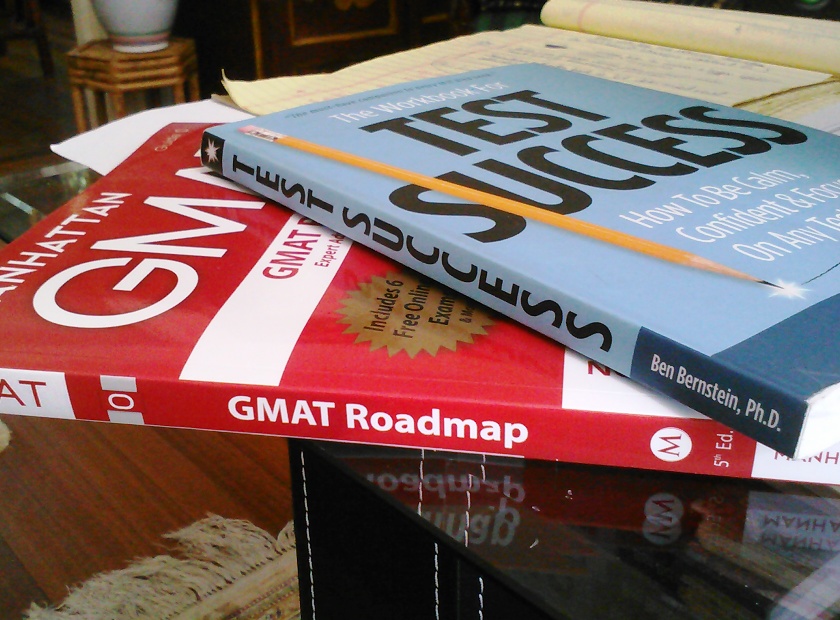Advice from Warren Buffett on, yes, MBA essays
Imagine this: an admissions interviewer has read hundreds of essays, maybe thousands, by eager students trying to gain admission to their school. Many of those essays are written by those who are fully qualified, but just put down a laundry list of their accomplishments, like a resume in prose. And they will be dinged.
Admissions committee members spend a long time writing questions that they believe will bring out the best in a candidate. They leave those questions deliberately open ended so that the student can write about whatever he or she wants, but there are some rules of engagement. The first is to answer the question; something I’ve blogged about in the past. Always worth remembering.
The second is to write in plain English, that is, English free of jargon. Most people think that those who speak English as a second language have a hard time writing essays. It’s true that those who haven’t grown up writing English may have to take more time and get a native speaker to proof their essays. But the most cringe-worthy essays are those written by students who have spoken only English all their lives, but write in stilted prose or gobbledygook. Writers fall into passive so that nobody knows who is writing the essay, they let nouns become verbs (e.g., incentivize), or they use their limited word budget to educate the committee about some arcane subject. The reader is either bored silly or has no idea of the point of the essay!
Consider Your Audience
 Plain English is simple, straightforward writing. You’d think it was only championed by high school English teachers everywhere, but one of Plain English’s greatest fans is one of the most influential investors in the world: Warren Buffett. Claiming that “stilted jargon and complex construction” often hinder good communication, Buffett may channeling the admissions officer when he writes, “I’ve been unable to decipher just what is being said or, worse yet, had to conclude that nothing was being said.”
Plain English is simple, straightforward writing. You’d think it was only championed by high school English teachers everywhere, but one of Plain English’s greatest fans is one of the most influential investors in the world: Warren Buffett. Claiming that “stilted jargon and complex construction” often hinder good communication, Buffett may channeling the admissions officer when he writes, “I’ve been unable to decipher just what is being said or, worse yet, had to conclude that nothing was being said.”
Buffett is no comedian. His advice is sound. His wisdom in writing his famed investment reports holds true for those writing an admissions essay: consider the audience. Think of the person who is reading your words. Not a blank admissions committee, but a specific person. You may have even met that individual at an MBA outreach event, on a school tour, or an admissions panel.
She has a name (the reader is often, but not always, female), and wants you to win her over.
But don’t take my word for it. Here’s what the “oracle of Omaha” says:
One unoriginal but useful tip: Write with a specific person in mind. When writing Berkshire Hathaway’s annual report, I pretend that I’m talking to my sisters. I have no trouble picturing them: Though highly intelligent, they are not experts in accounting or finance. They will understand plain English, but jargon may puzzle them. My goal is simply to give them the information I would wish them to supply me if our positions were reversed. To succeed, I don’t need to be Shakespeare; I must, though, have a sincere desire to inform. No siblings to write to? Borrow mine: Just begin with “Dear Doris and Bertie.”
Actually, some of your readers may be experts in accounting and finance, but they are not experts in the subject of the essay, which is YOU. It’s not dumbing down, it’s making your writing, and your story, accessible.
As for interesting…well, it’s about you isn’t it? How could it be otherwise?




